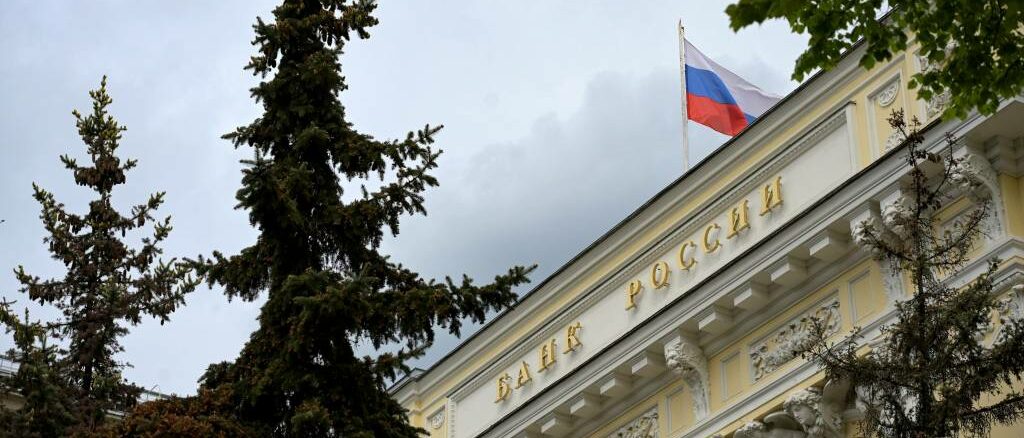
For the first time since 1918, Russia is unable to pay interest on its debts.
As reported by Bloomberg and Reuters, Russia has defaulted for the first time since 1918 on a portion of its foreign debt interest payments.
In this case, the nation owes foreign investors nearly $100 million in interest payments that were due on May 27.
Sanctions
Since the end of World War II, Russia has struggled to pay interest on its debts. Payments for interest must be paid in both euros and dollars, according to Reuters.
According to sanctions specialist and lawyer Yvo Amar of BenninkAmar solicitors, Russia’s inability to pay is the effect of such penalties. Hundreds of billions of dollars in foreign exchange reserves were frozen by central banks at the beginning of the invasion. As Amar puts it, “That indicates that the money is there, and they have it, too.” It’s frozen, so they can’t utilize it. There is now a glaring absence.”
In a statement last week, Russian Finance Minister Anton Siluanov labeled the situation at official news agency Ria Novosti a “farce.”
Sanctions imposed by the West would erect artificial hurdles, preventing the payment of interest on the country’s debt.
Schoors argues that it’s only a comedy if you include the conflict in Ukraine in your definition. He believes that this is a deliberate tactic to prevent Russia from making interest payments. To avoid it, they know exactly what they should do. Stopping the invasion would allow the sanctions to be lifted, and they will be able to pay.”
It is possible that Russia’s failure to pay the interest on this loan might have repercussions for the country’s other debts. As Schoors points out, “Some contain a condition of early payback in the event of another debt default.” It’s like a snowball effect.”
Inflation
Amar predicts that Russia will have a more difficult time borrowing money in the long run because of this. Think ten times before lending money to Russia if Russia doesn’t pay the interest. You only want to do it at a very high interest rate. ” According to Amar, if borrowing costs rise again, this will drive up prices across the board.
According to Russian Central Bank data, inflation in Russia was already 17 percent in May.
There is also a debate about whether or not penalties are effective, says Amar. In the near run, punishments don’t work. It always takes time.” The penalties are to blame for this failure. The financial markets are proving increasingly challenging for Putin.”
Schoors predicts that Russia is more likely than not to go into a serious recession. Russians are certain that the country will continue to run, although at a reduced capacity.

Be the first to comment